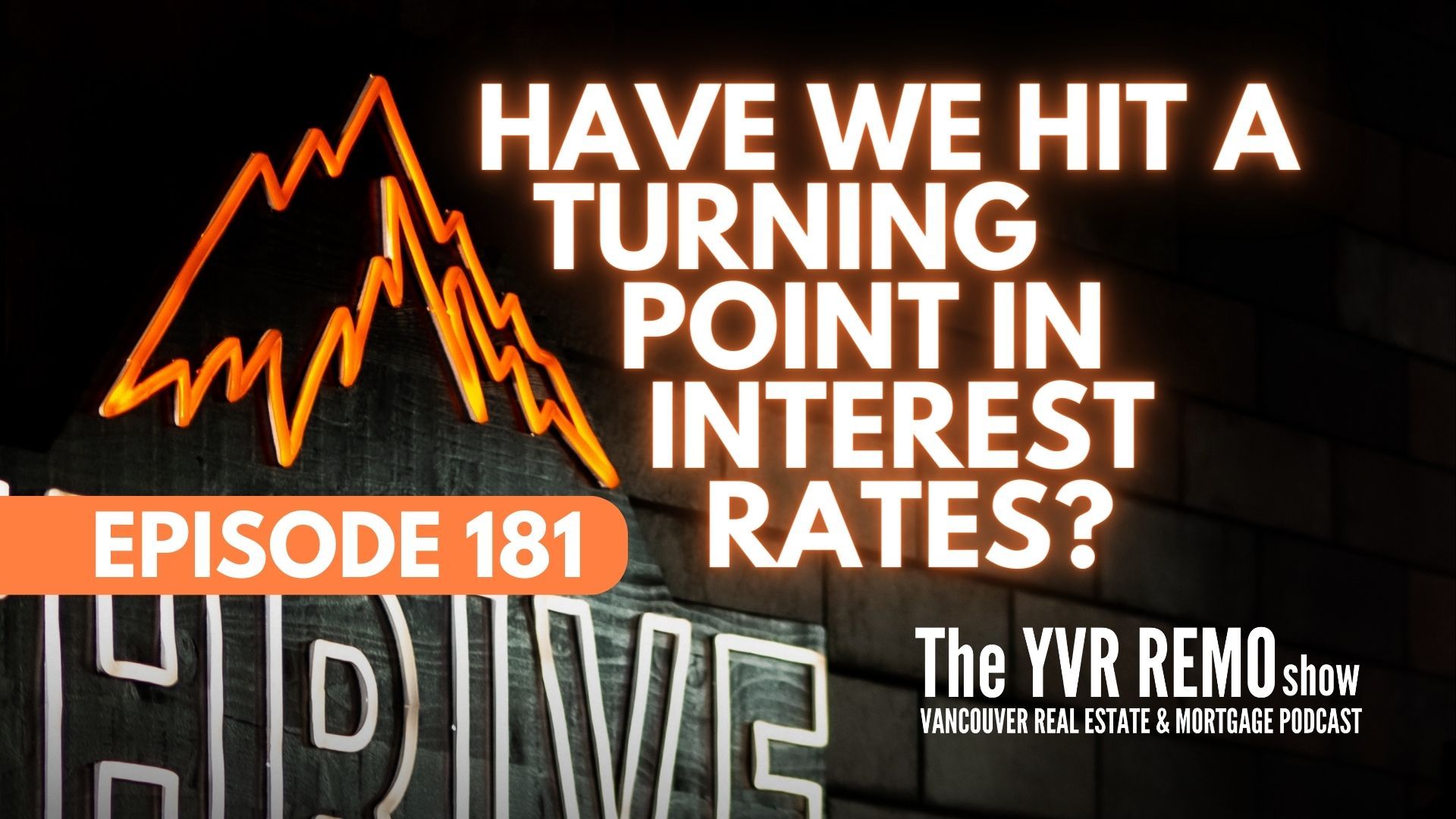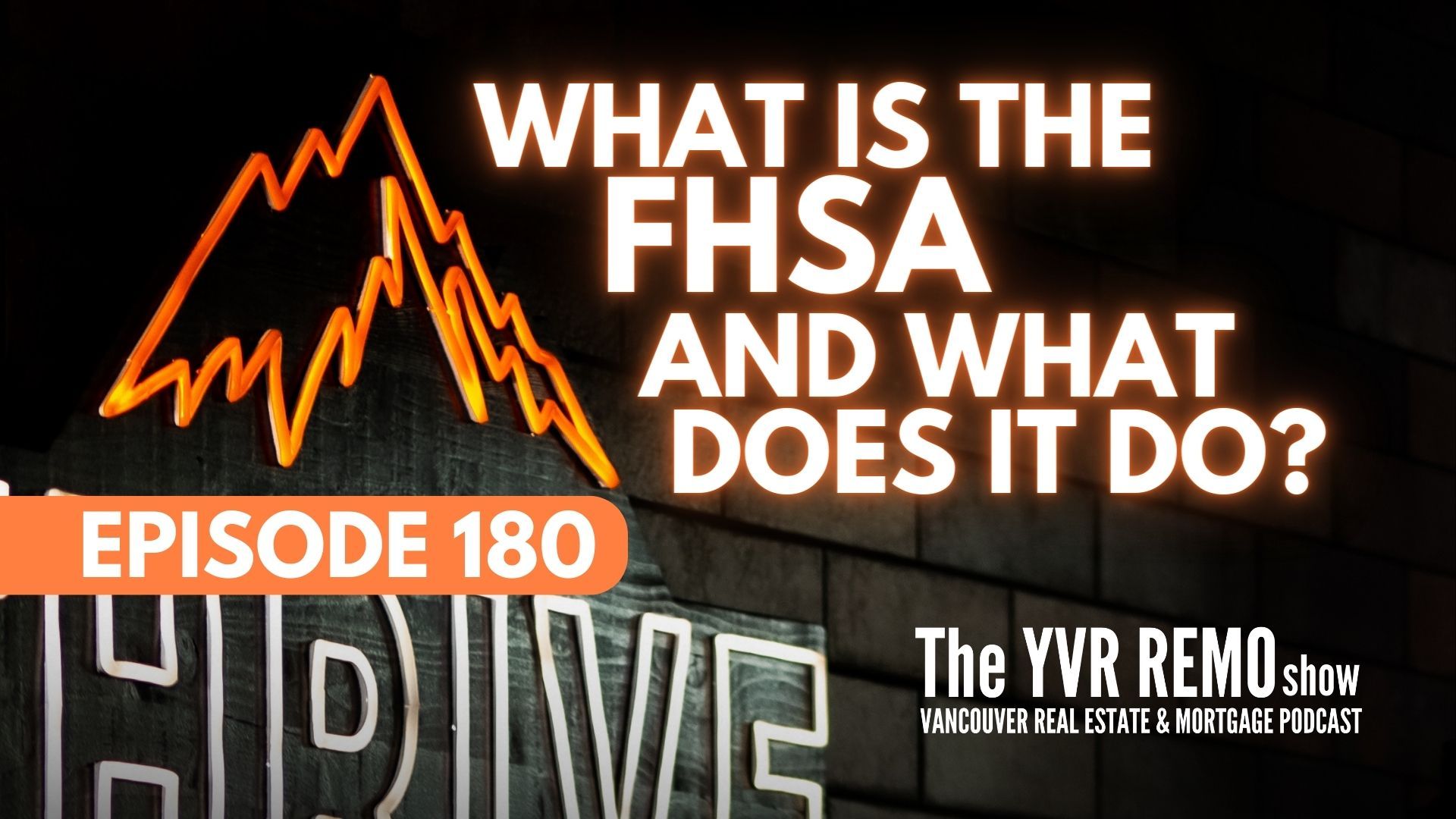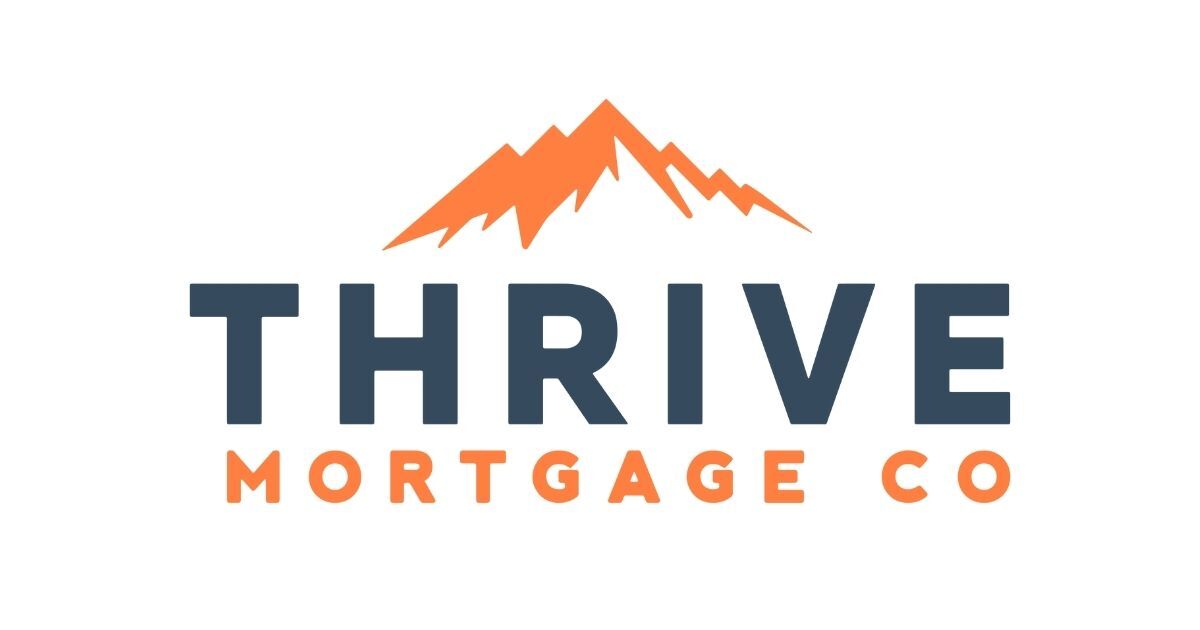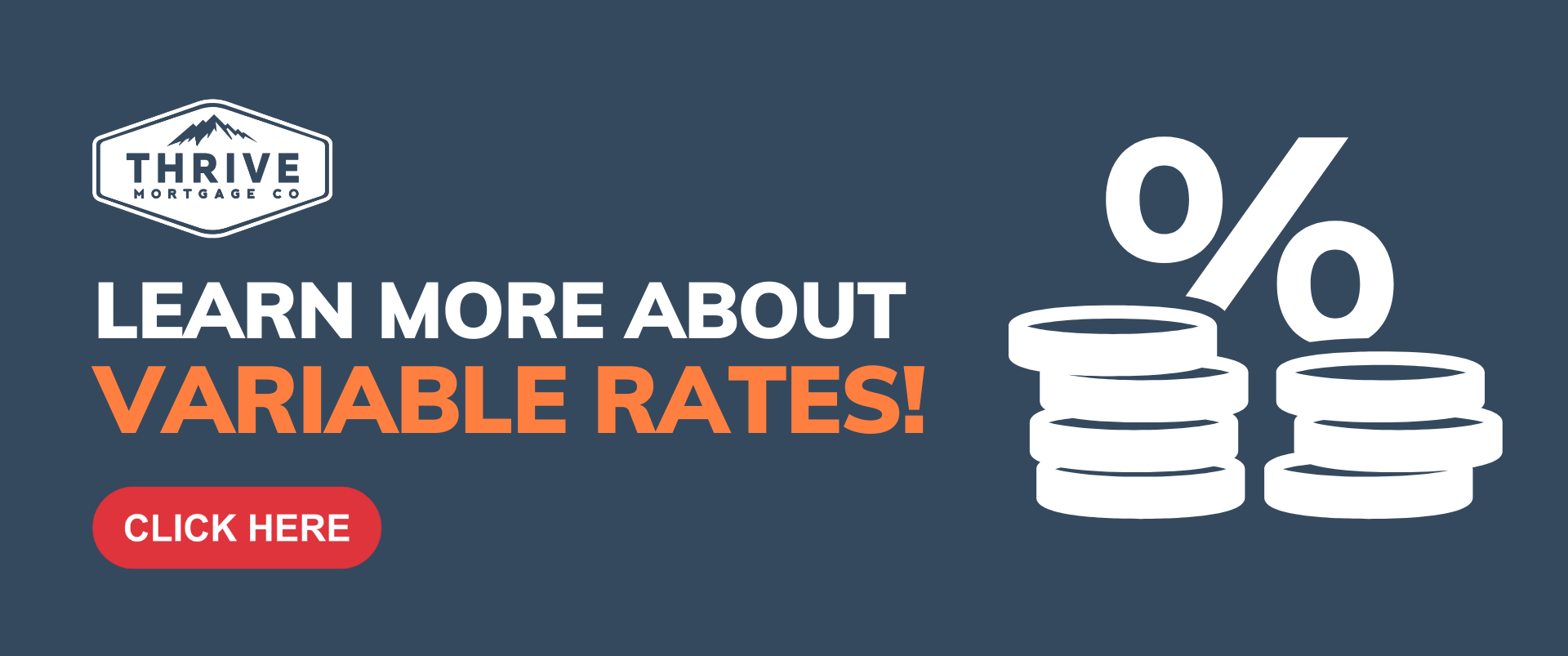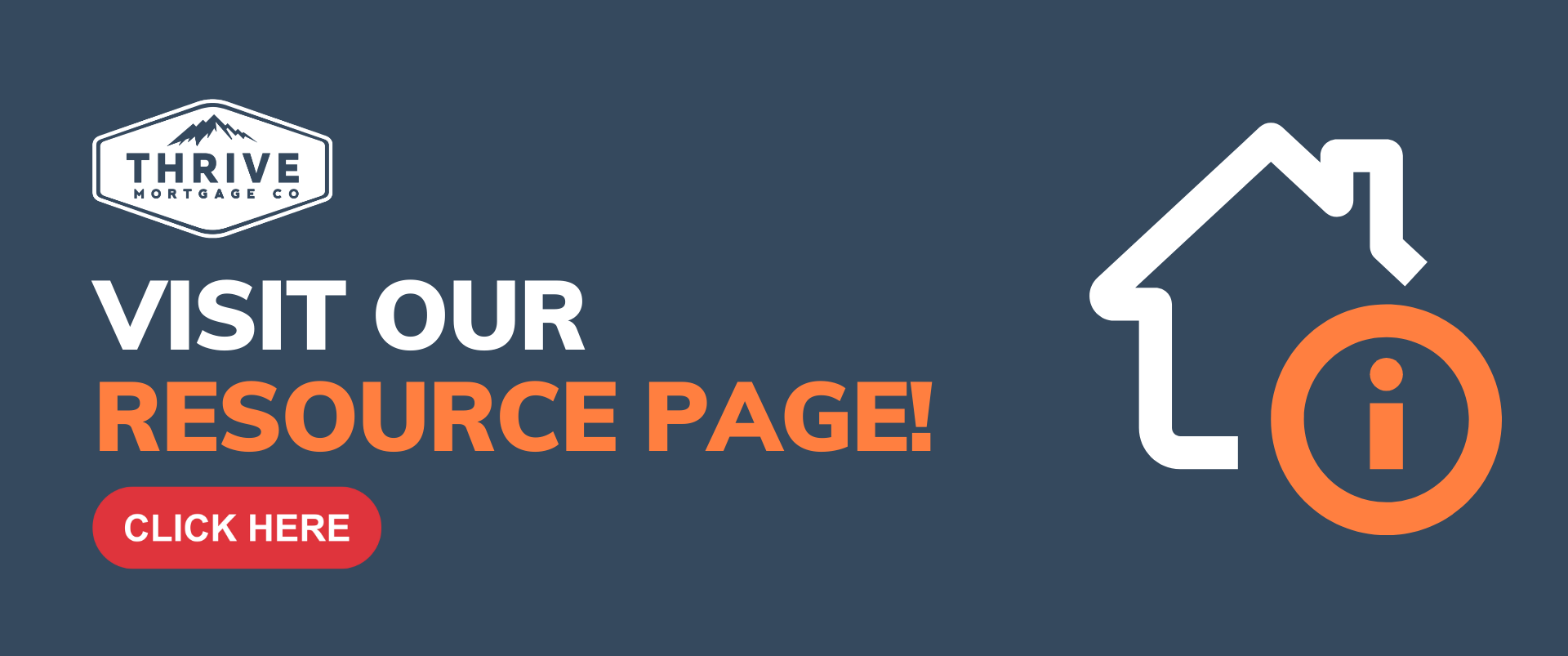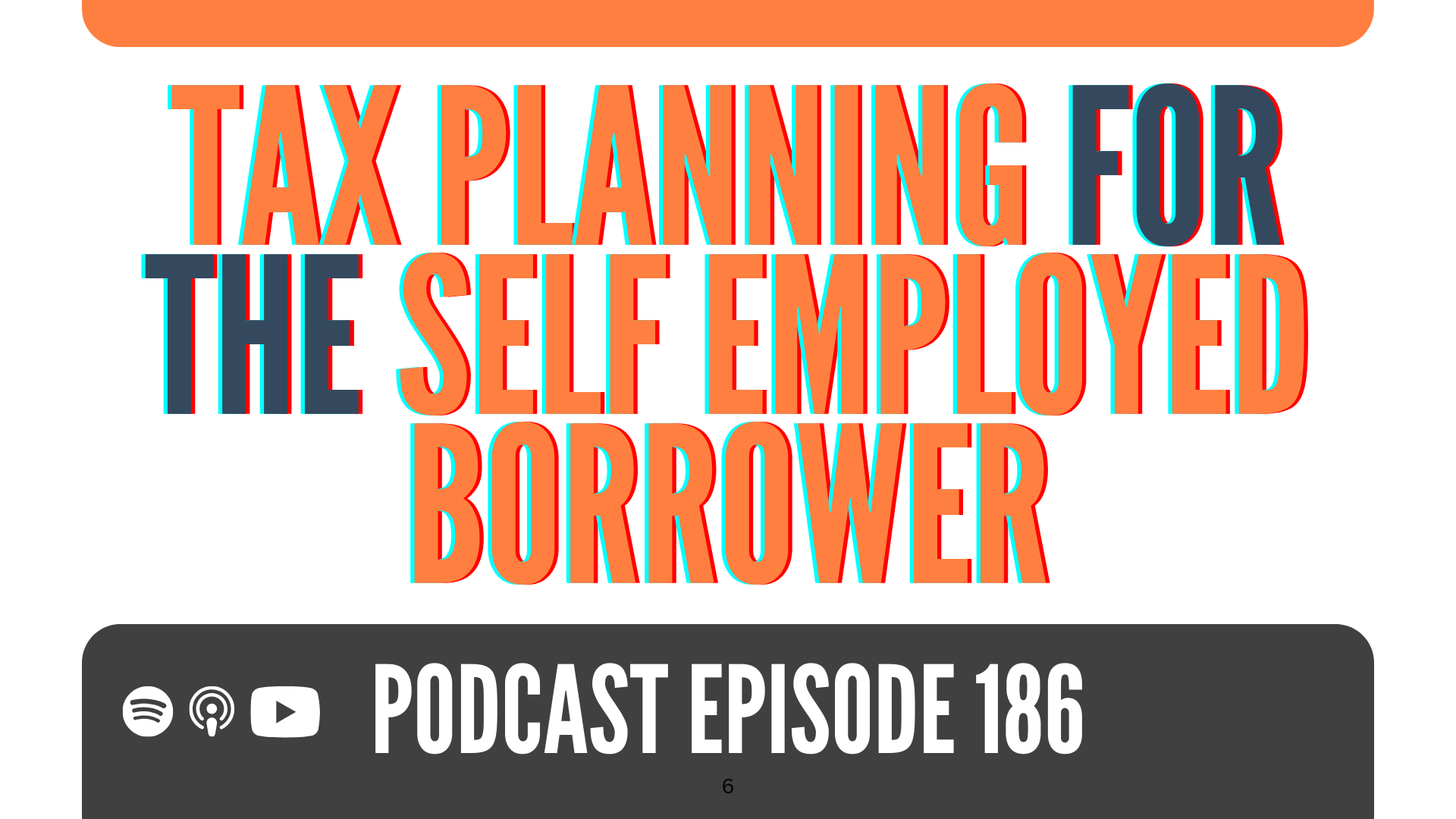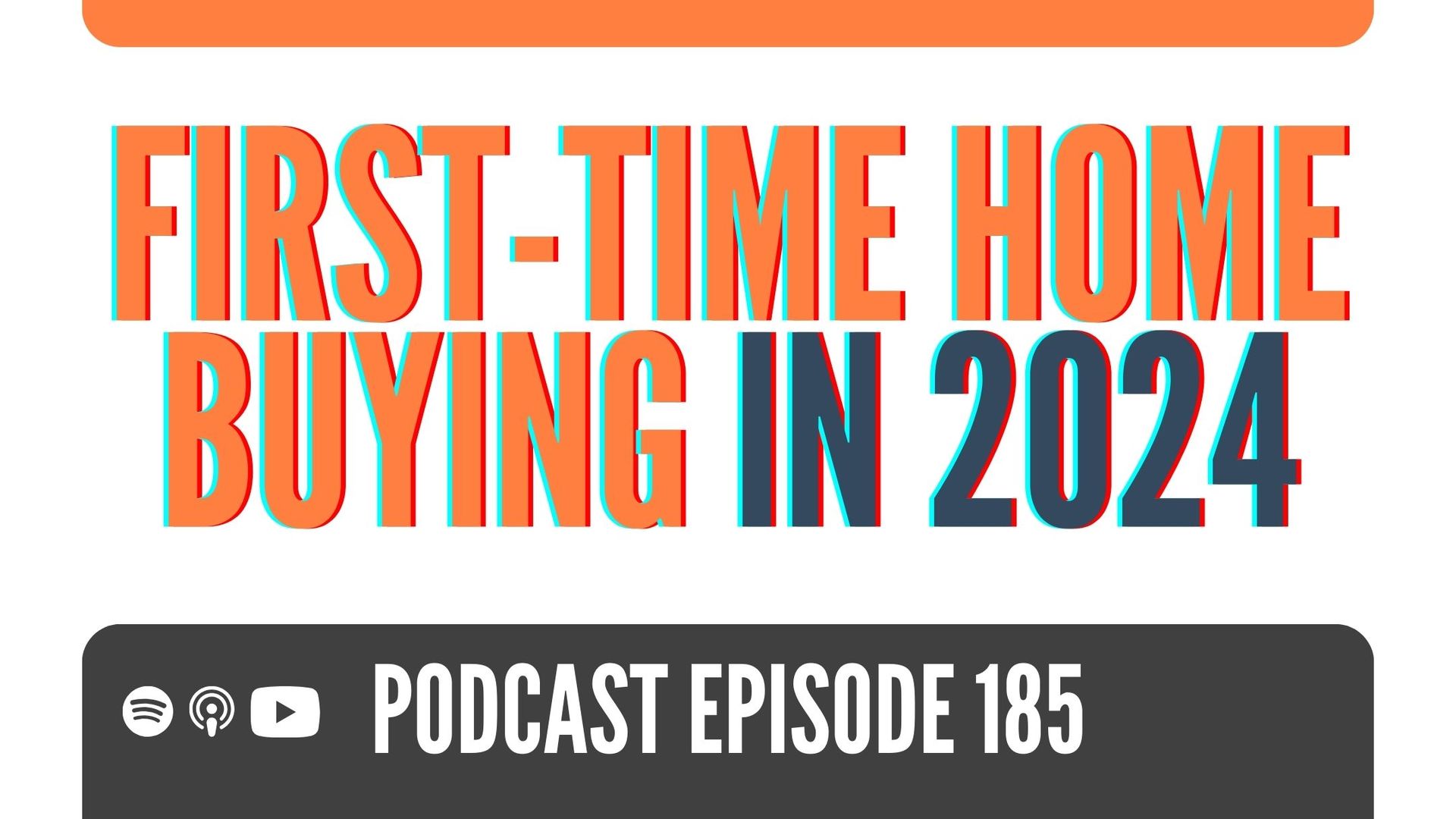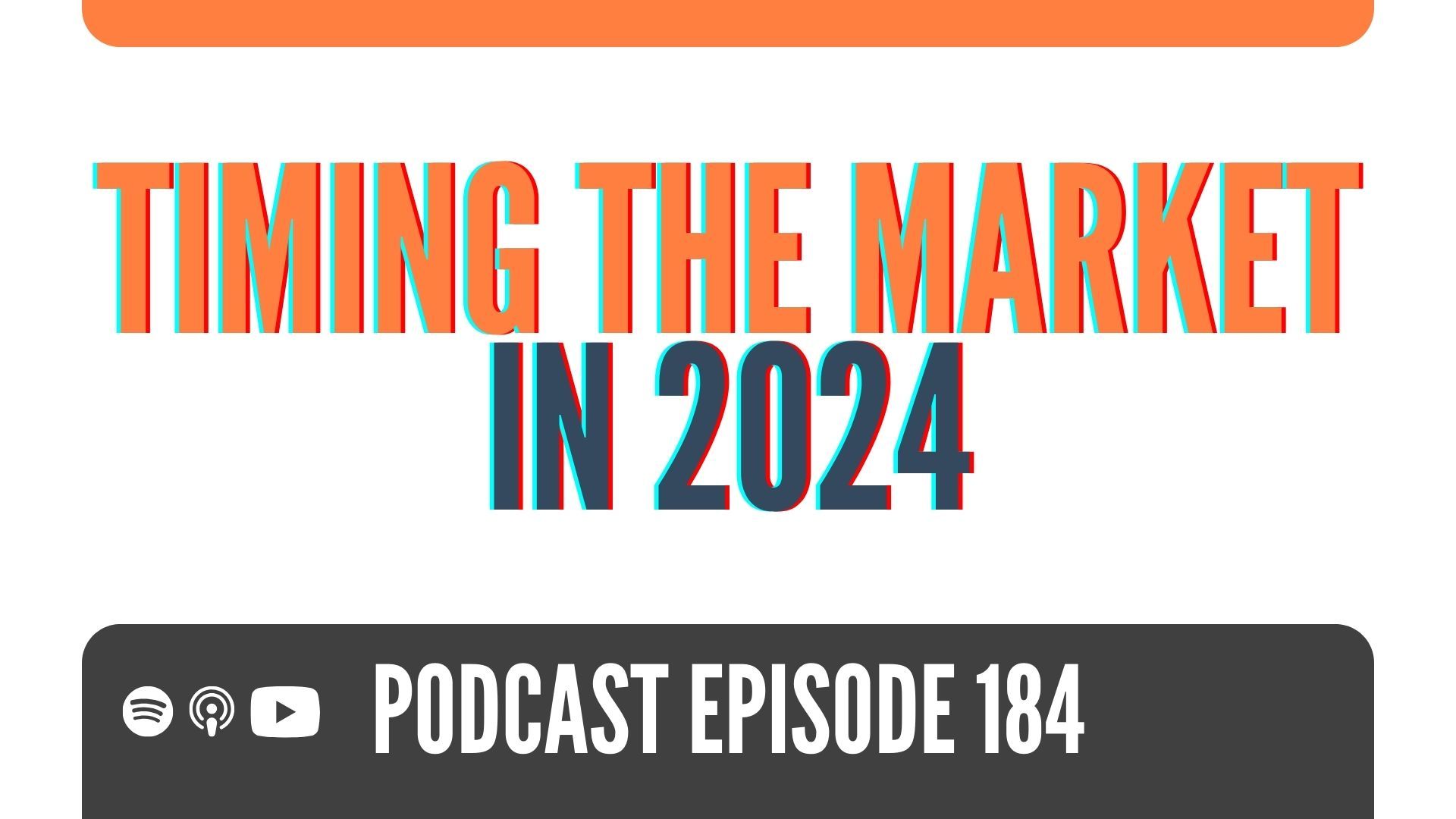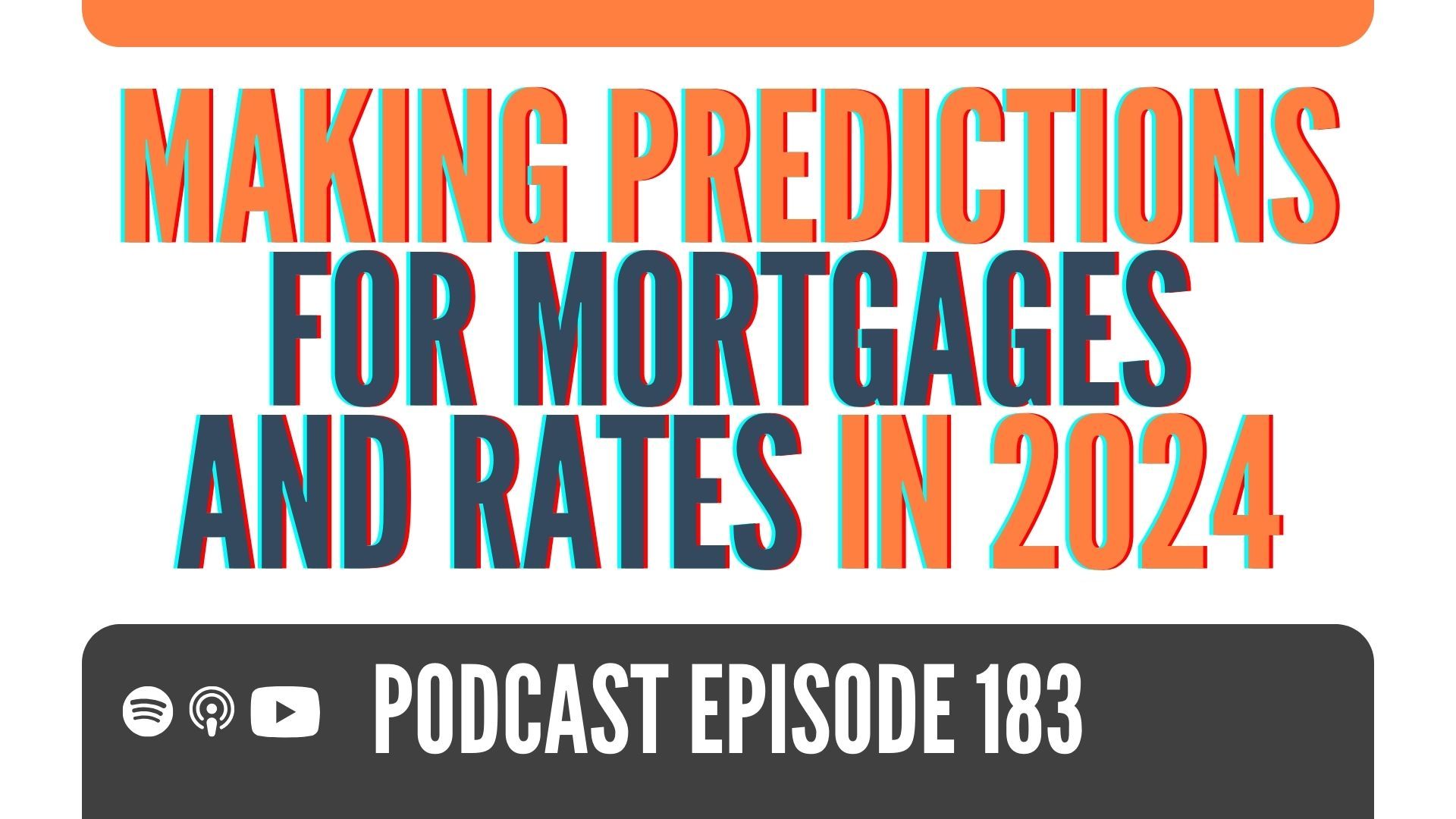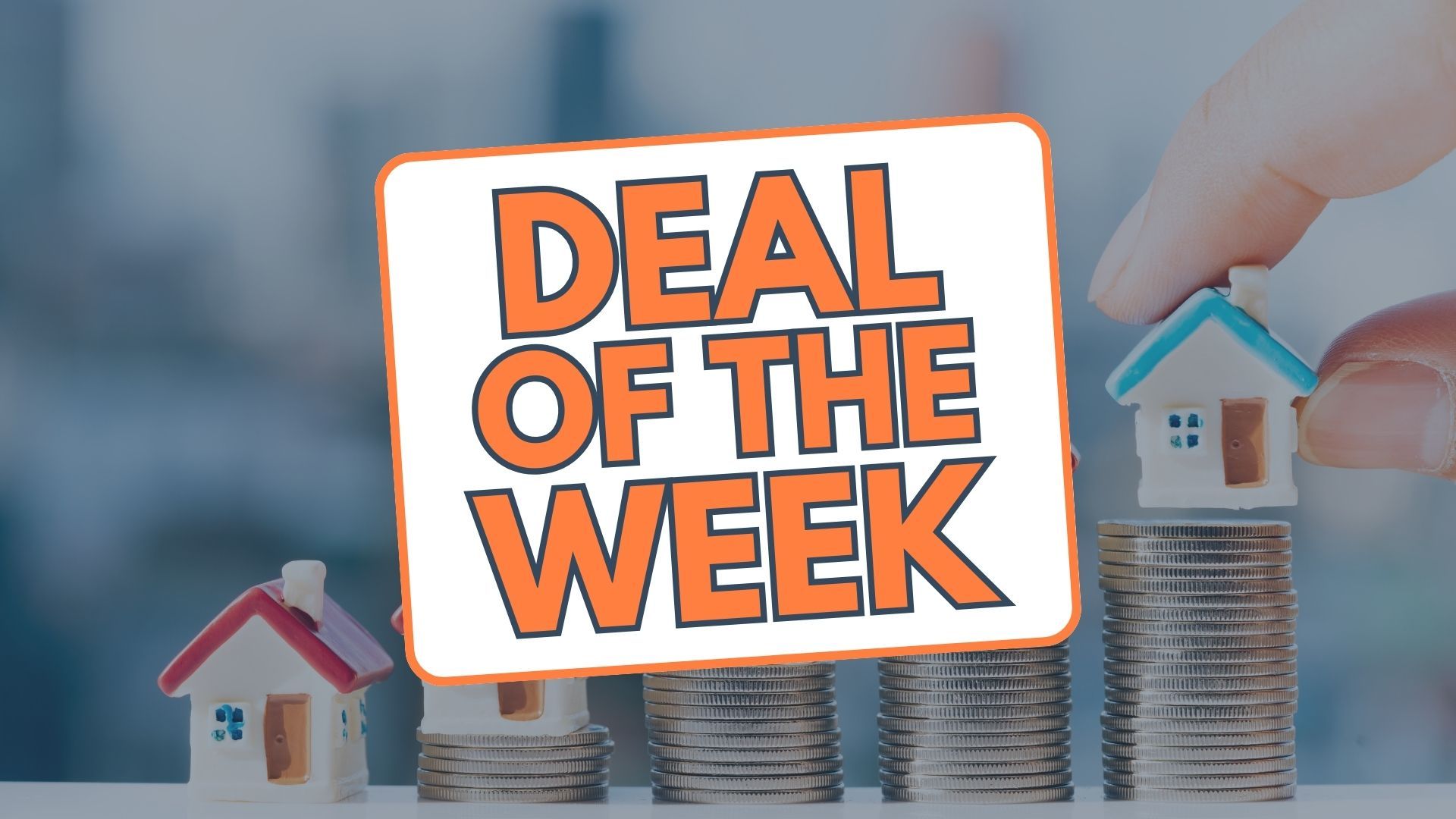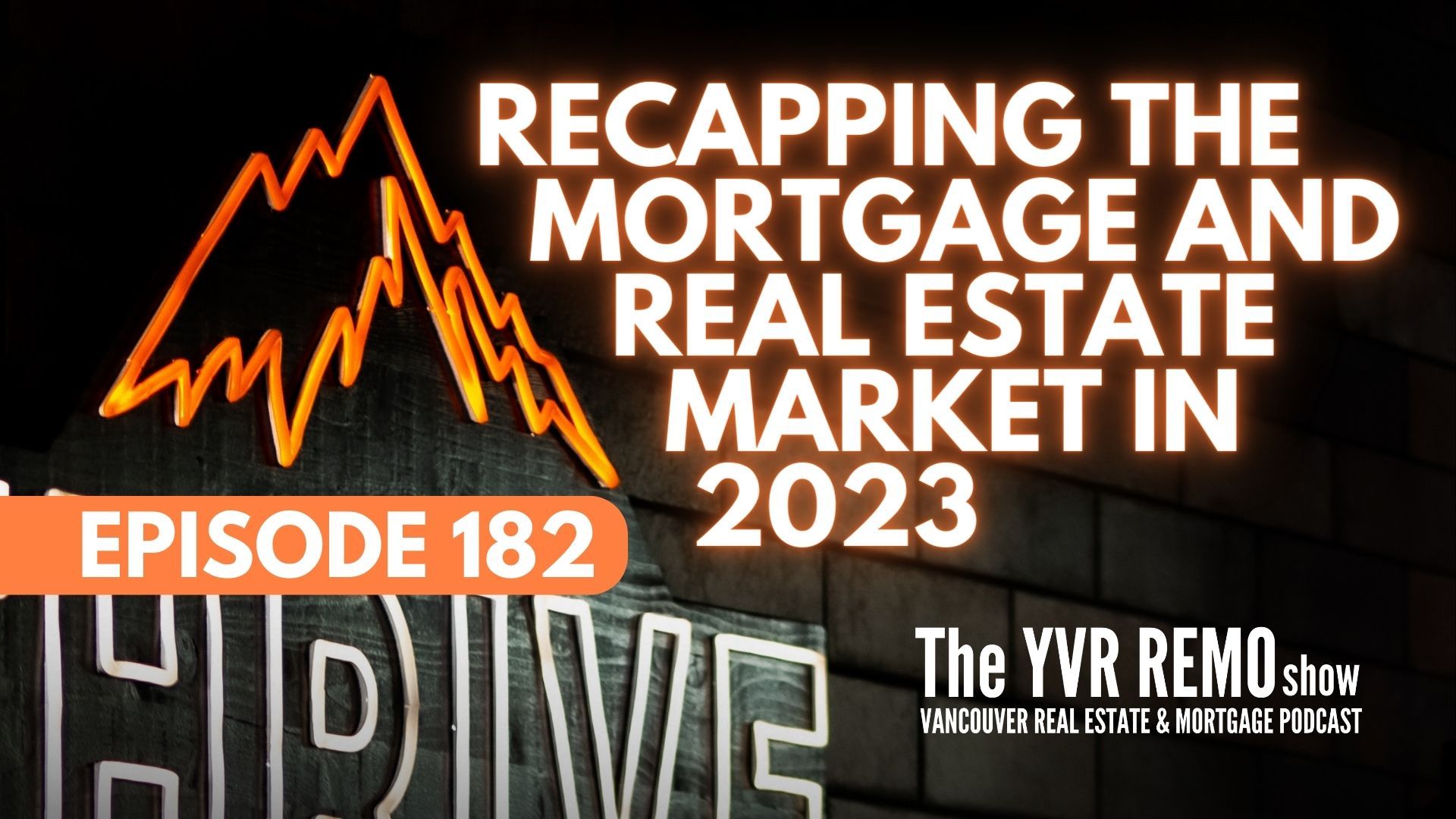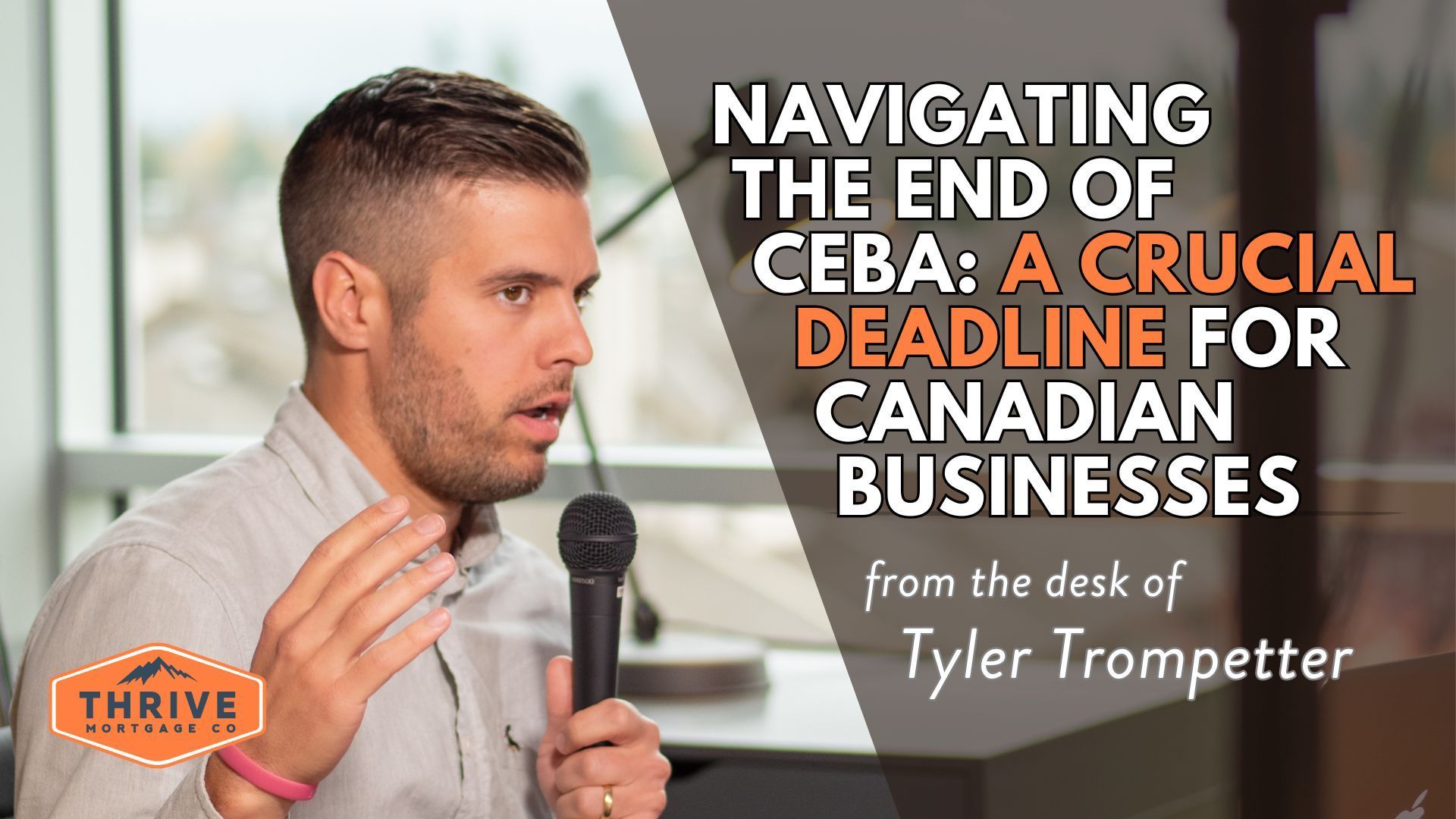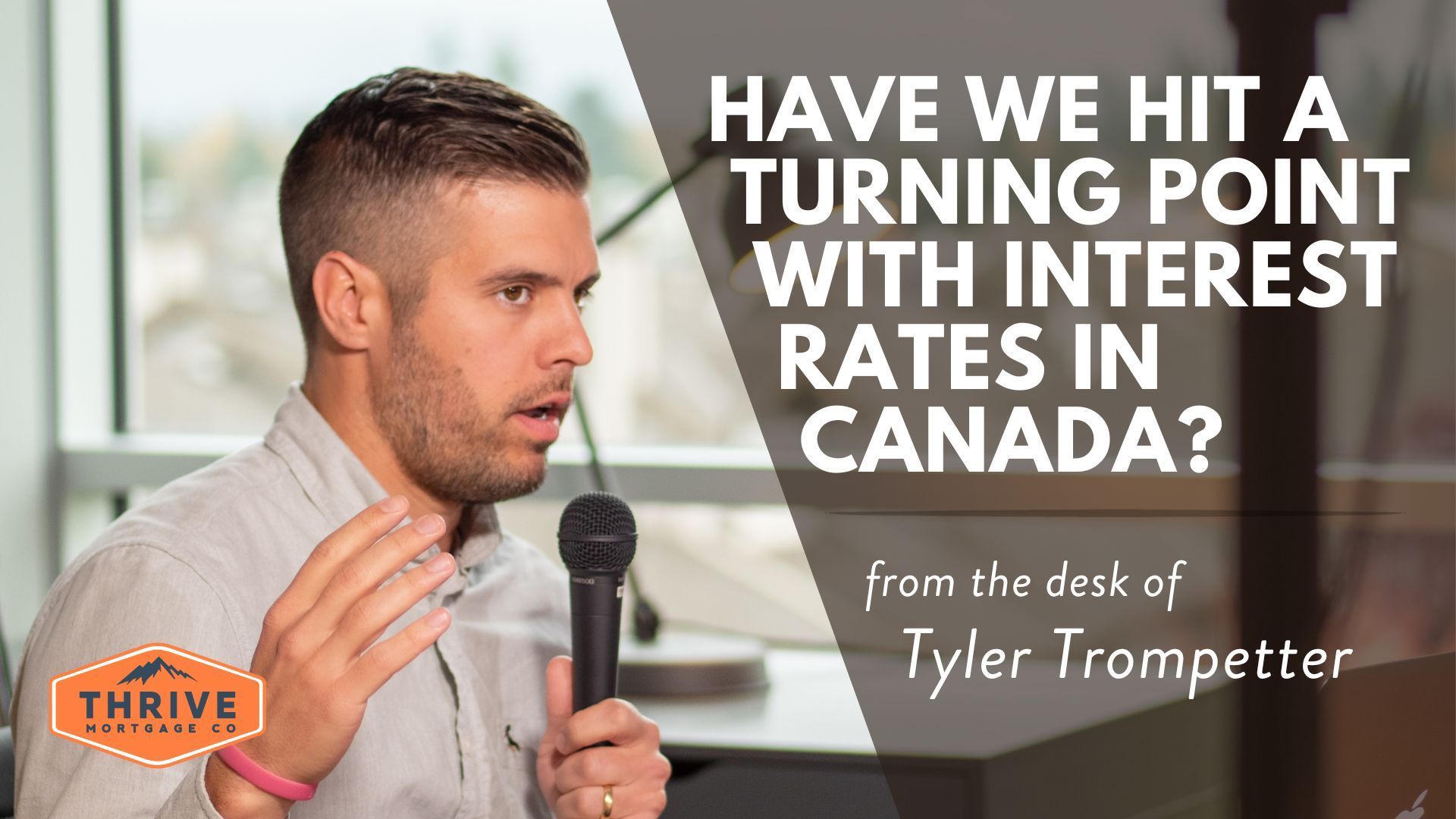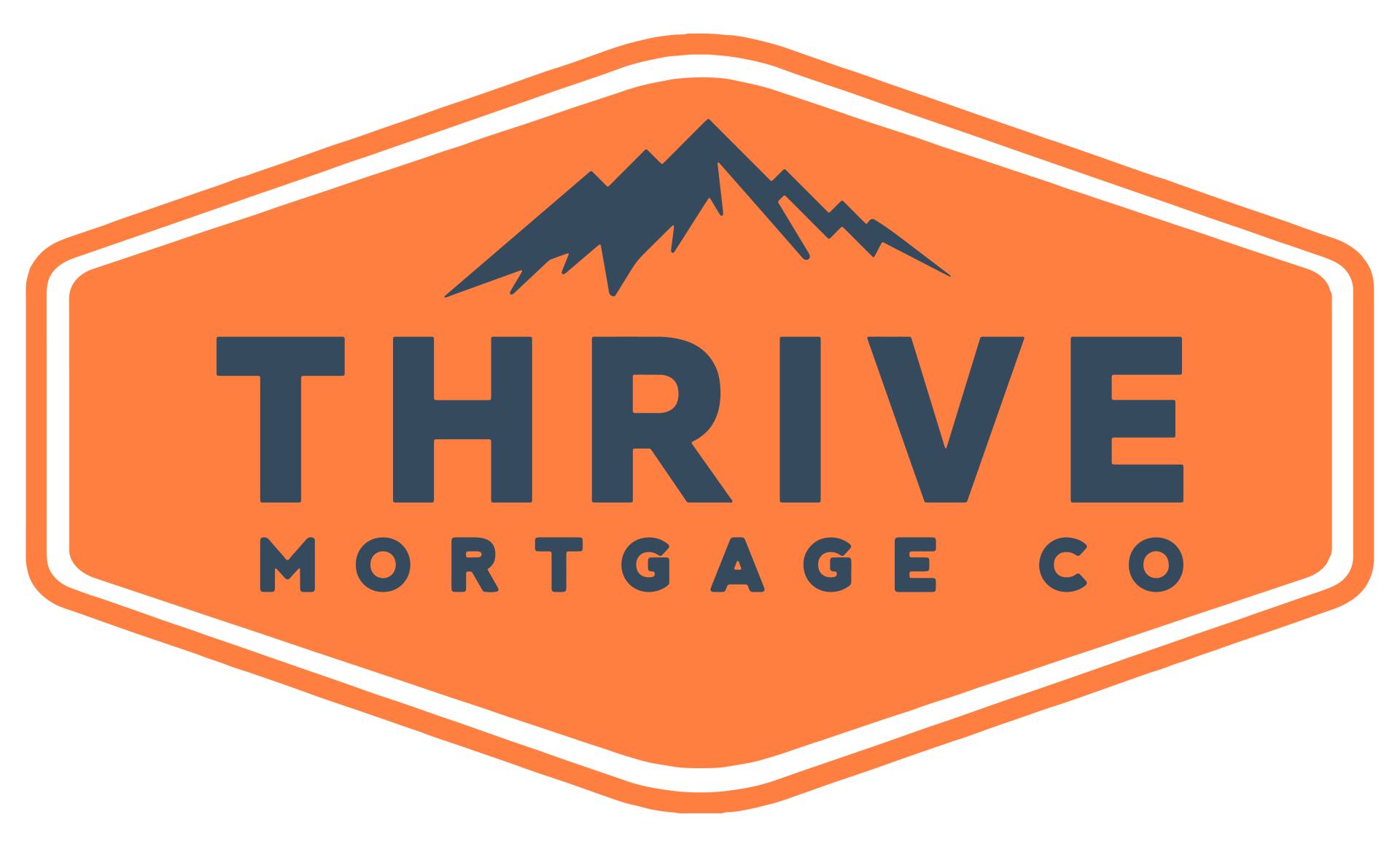SHOULD YOU LOCK IN? | THE YVR REMO Show Podcast Episode 107
The Bank of Canada decided to take the plunge later than expected. It was originally anticipated that in January of 2022 we were going to see the first of what's considered to be multiple rate increases to the overnight lending rate. We're talking about what impacts consumers in the real estate space as variable-rate mortgages and lines of credit
The Bank of Canada meets multiple times throughout the year and has control of what they call the overnight lending rate. The overnight lending rate changed on March 2, which is why we're having this conversation. We'll go back and explain what you need to know about what happened, who it affects, what are the numbers, what you need to do, should we be concerned, and more.
What Changed?
The overnight lending rate was initially at 0.25% and it's now sitting at 0.50%. That is the overnight lending rate from the government to the banks. That's not the prime rate but that is exactly what will impact the prime rate.
We just saw the first banks decide to match that increase to their prime. It's important to understand the difference between the overnight lending rate versus the prime rate. Prime is now going to be 2.7%
How Does This Impact You As A Borrower?
When the interest rate went up by a quarter percent, the bank's prime rate is going to go up to match the policy rate.
The banks don't have to follow the policy rate, nor do they always do. A perfect example would be that TD is at 2.60%. Every other charter bank, along with most mortgage lenders, is at 2.40-2.50%. A few years ago, when we saw interest rates go down, the banks opted not to go down the full quarter percent. They only went down by 0.10-0.15%. They're going the whole way back up.
It's not the scary rate hike that the news was talking about. we'll talk a little bit more about what the bigger version or the bigger picture could look like over the next year or two or three years as we get through this.
Variable-rate mortgages and home equity lines of credit fluctuate with prime.
If you are at a prime minus one (1% is your discount off of prime), that's how a variable product works. You're either at a discount or a premium on top of prime. Now that prime has gone from 2.45% to 2.70%, your rate would go from 1.45% to 1.70%. Rates across the board are increasing.
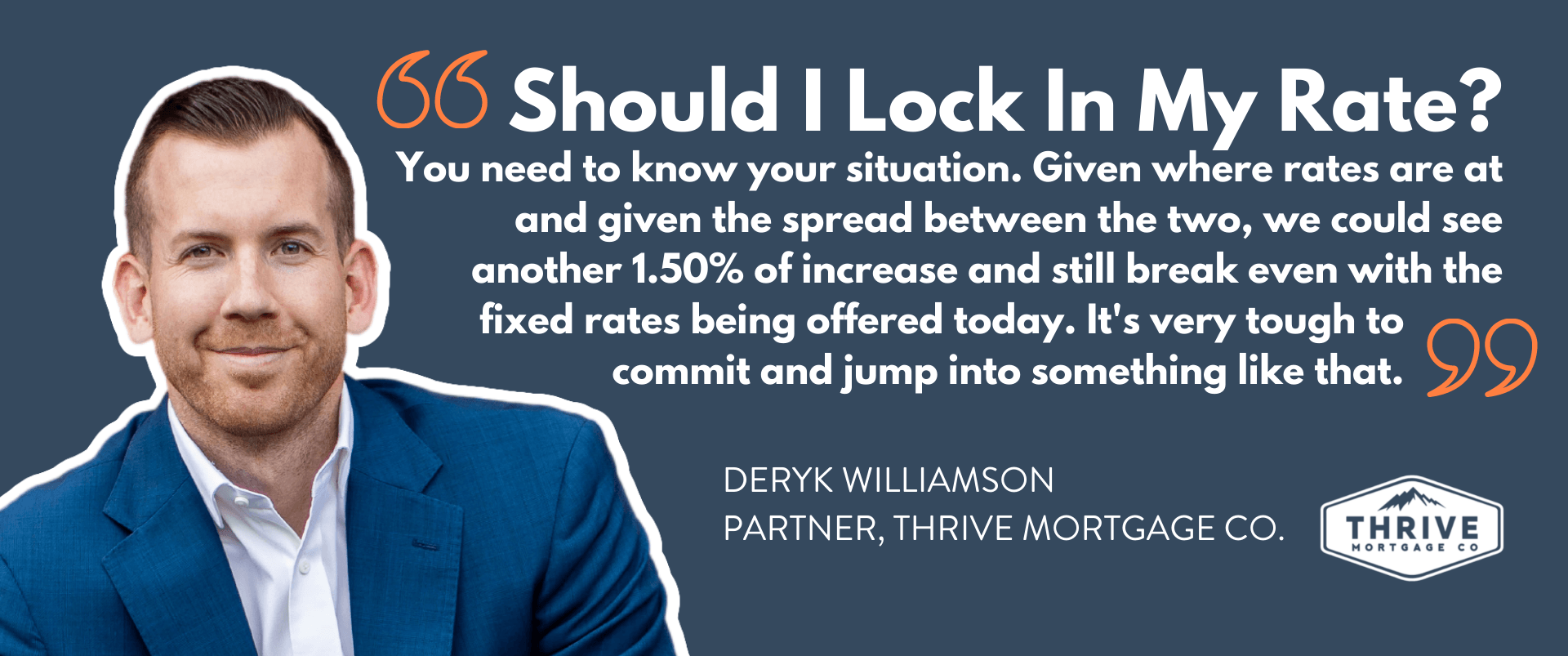
Does This Impact Your Payment?
There are a handful of lenders that offer a static payment. You can think of it as a fixed-rate payment in a variable product. This means that even though rates have gone up, your payments stayed the same inside of that payment. You're paying a bit of extra interest and a little bit less principal.
Make sure that you understand the mortgage you're in if you're in a variable. You might not see any change in your mortgage payment or you may see a change to prepare for.
Who Does This Affect?
This affects anyone in a private lending mortgage. A lot of private lenders will market their rates as prime plus. You're paying your prime interest rate plus a surplus. Anyone that's carrying a construction loan is typically in a prime plus type of situation as well. A lot of unsecured lines of credit are also prime plus. If you have an unsecured line of credit, you're also going to be looking at an impact there.
These changes equal about $12 per $100,000 borrowed. Let's take a loan example of $500,000. That's a $60 difference on the monthly payment.
We talked about who does this effect and we cannot forget all of those folks underneath that window who have variable rates and have investment properties who are calculating their numbers. Does this mean you should not invest? No. This means you should continue pushing forward but you should look at your numbers just to recalculate them accordingly.
Will This Affect My Qualification?
If you're pre-qualified, meaning you're pre-approved for a purchase, this does not impact you whatsoever. This has nothing to do with the qualifying rate, this is just the final rate that you'll pay.
In Canada, we have something called a stress test. The stress test currently sits at 5.25% or 2% above the rate that you have. Most Canadian consumers have the option to take a variable rate right now. Let's say the discount is one off of prime, they'd have a rate of 1.7%. We qualified you already using this 5.25% payment. If we saw interest rates go up a couple of percent and fixed rates continue to rise, the Bank of Canada does have the ability to adjust the stress to stress-test rate. At this time, there are no indications that they will still do so while fixed rates still hover in the high twos and low threes and variable rates are in the ones and twos.
Fixed rates have already been rising for the last 12 months. We have lenders offering five-year fixed-rate mortgages at 3.39%.
This current change is only impacting variable and home equity line of credit borrowers. If a variable that was at 1.50% is now at 1.75%, compare that to the fix that's being offered today at 3.39%. We are still dramatically below the fixed rate.
Should I Lock In My Rate?
There are situations where it could make sense to lock-in. You need to know your situation. Given where rates are at and given the spread between the two, we could see another 1.50% of increase and break even with the fixed rates being offered today. Fixed rates are so much higher right now, it's very tough to commit and jump into something like that.
Will Your Payments Rise?
Yes, but your payments going to jump much more dramatically if you go to a fixed rate. You're committing to that and you're putting yourself in a product that can be very restrictive with big penalties.
When you look back at the last three years, the fixed rates are at the peak in the three-year mark. They're above where they were pre-pandemic levels. Even if the variable rate was the same as a fixed rate, we would take the variable rate just for the flexibility of avoiding penalty issues and having the freedom to refinance. There are different situations where you would be recommended a fixed-rate mortgage such as budget downsizing, seniors, first-time homebuyers squeaking in the market, or having to know your numbers because of a strict budget. It's important to know what your why is.
There's such thing as a two-year or three-year fixed term. We had five or six consultation calls and every single one of those people was breaking their mortgage term. The penalty ranged from three months' worth of interest to $47,000 on a $600,000 loan. It does have a dramatic impact. You have to look at your situation and budget. Frozen payments can come in handy. At the end of the day, if you hate it, can't sleep at night, then go for it, pay the higher amount and go fixed rate.
Do You Need To Break Your Mortgage Early?
The stat is that the average Canadian breaks their mortgage every three years. If this is the case, why do people take a five-year fixed rate? It's not all about selling your house, it's refinancing as well. You may want to pull some money out to pay off debt or renovate. There are so many situations that come up where you're breaking a mortgage.
Certain lenders have calculations that are going to create a larger penalty than others. Typically the big banks have fixed rate products that are typically going to have a higher penalty than some of the other mortgage lending companies. That's a big part of the planning and strategy that we dig into. If you're going to go fixed, let's pick the right term. The reality is you're never going to pick the right term because you don't know how long you're going to live in a house. All we can do is guess, assume, and hope for the best. Try not to overestimate. Try to place yourself with the right lender, that's the best thing you can do for yourself if you're going to go fixed.
We want to be clear in saying that in our world, we advise independently to each person. We believe that the variable rate makes a lot of sense. There's more upside than downside at this moment.
What Can You Expect Going Forward?
There's a lot of uncertainty right now. The one thing that is certain in Canada is that Omicron, although it had an impact there in December and January, it's certainly bounced back way faster than the government expected. All of the provinces except for BC have eliminated their passports and mandates. What that means is people are back to business as usual. People are spending more money in their provinces and enjoying life again. That's another reason why we're seeing the bank increase the overnight rate because the country can operate normally. People can absorb this slack and have saved more money than ever. For most people to stress or worry about this increase is probably null and void. For the bank to do this, they are suggesting that people can afford it.
How Has Inflation Affected The Market?
Many things at the grocery store are at least 20% to 40% more expensive. Inflation plays a big piece in this and that isn't going to stop. When the war in Europe starts, that provides a lot of uncertainty. As of this podcast, everyone's looking at the fuel pumps right now and it's through the roof. There are so many things here that could play in.
This has been the craziest past two years of our all of our lives. Our government has been very transparent when it came to the rates. They were very transparent that the rates were going to drop, and they continue to drop. In the past, it's been a lot of surprises.
We have a lot of people reach out and they're adamant that they need to lock in because it provides some stability. Your payment is going to go up to do that because you're likely locking into a higher rate. You need to prepare for a higher payment. We always want to analyze what other payments you have going on in your life. What we found is that a lot of times people are carrying more high-interest debt than just the mortgage.
We see average car loans are hovering at 4.99% to as high as 7%. Somebody on our team saw a hot tub loan for 15 years at 8%. Our clients are carrying about another $1000 to $2,000 in payments across a line of credit, credit cards, car loans, hot tub loans, or boat loans.
What Can You Do With The Equity In Your Home?
A lot of us have a lot of equity from the recent boom in our market. Instead of locking in at a higher payment, why not look at the whole payment and bring some of those loans into the mortgage, if not all of your debt. You can bring down your overall monthly liabilities in a big way. On average, I would say with $2,000 of unsecured debt payments plus the mortgage payment, we're seeing an overall payment reduction of at least 35%.
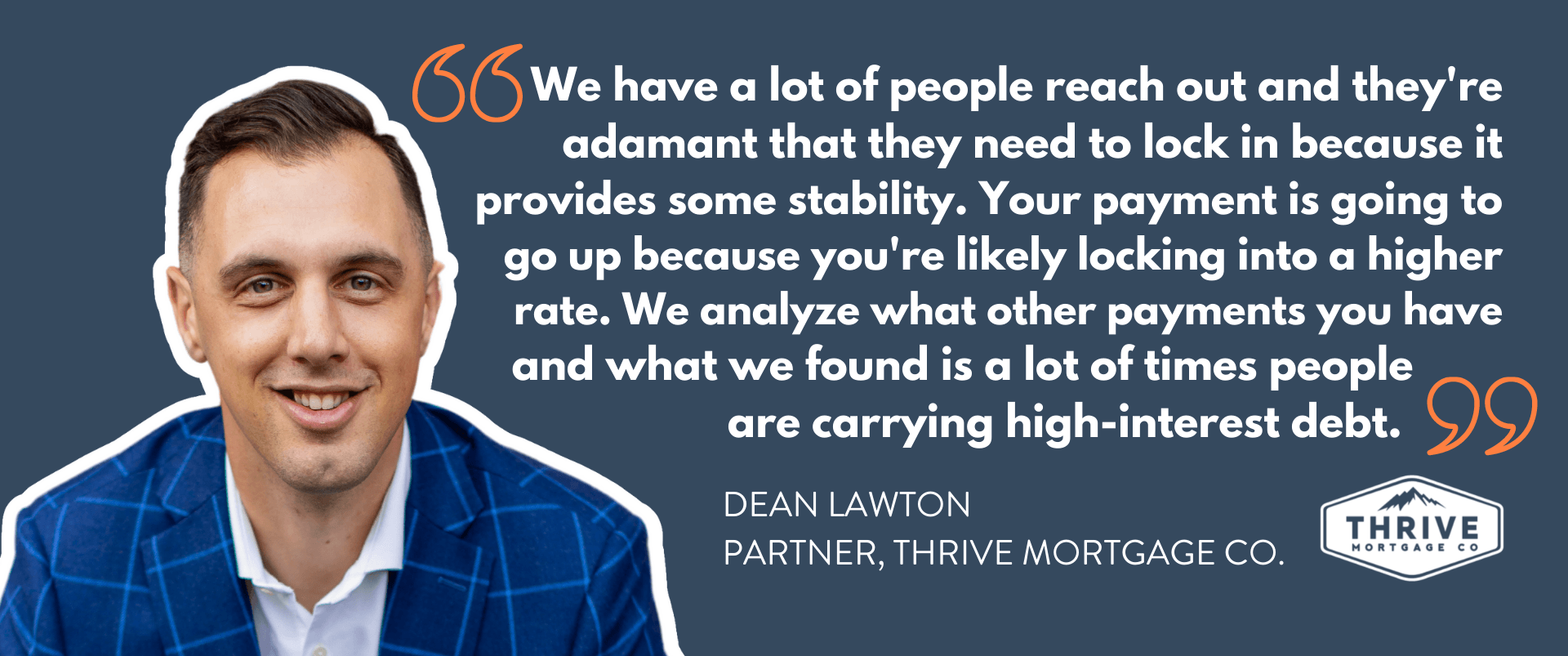
If you refinance that term when fixed, you are going to pay a large penalty. You got to be prepared to not be able to access that equity. That's the number one reason people are breaking besides selling. If you're thinking you want equity at some point, consider this as a time to restructure, refinance, or re-amortize the loan to make the payments manageable. The banks will not offer you favourable terms nor will they analyze your file. You should understand what your payment structure is, what kind of money you can get out right now, and the impact of the prepayment penalty penalties. Banks don't look at bi-weekly payments, so the average car loan is about $600 to $700. From a mortgage payment standpoint, if you wanted to buy a second home that's $200,000 gone. It's a massive bump to your cash flow. You know, like if you looked at actually putting a $50,000 loan into your mortgage, that's a $200 payment. It makes a big difference. Think about the other things that you might want to do just before you lock-in. Get a second opinion.
From a budgeting perspective, we're talking seven $800 payments for a vehicle, let's not worry about our mortgage going up by $100. Your mortgage is actually an asset, it's a phenomenal investment. If you're looking at the budget and cash flow, get rid of those, whether that means selling some of those items or consolidating them. You can even bump up your mortgage payment so you're paying your principal down quicker because you don't want to amortize your vehicle debt over 30 years. Take advantage of that, the rates are lower and it's going to get your payment down and it does wonders for qualification.
The problem in Canada is not mortgage rates. The problem is cars, vehicles, boats, and other things that require a monthly payment. When we're worried about a 0.25% or 1% rate hike on our mortgage, we're talking about someone spending $1,000 bucks on a car loan. Not to make our clients feel bad because nothing is wrong with that, it's just that these are the different types of terms that you need to be looking at. Look at appreciating assets and buy more real estate!
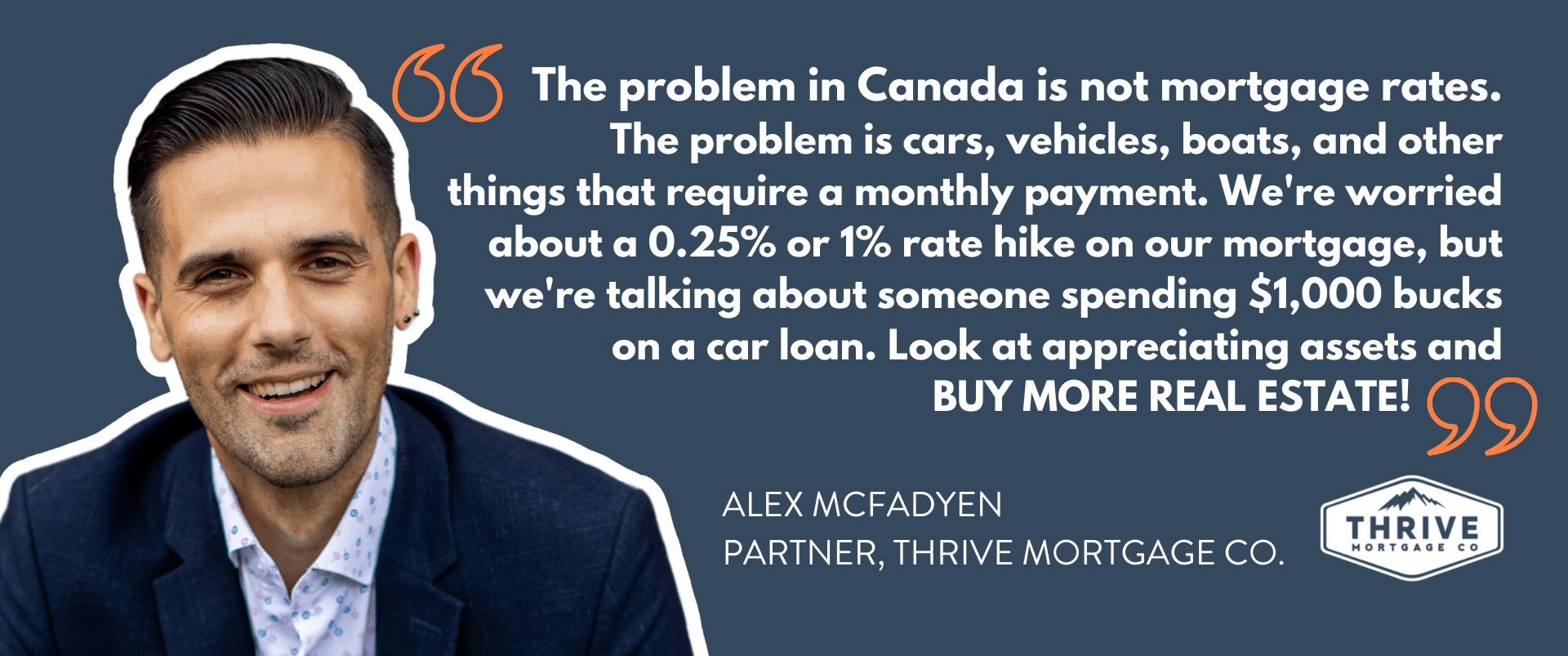
You don't need to rush this process. Fix rates are at an all-time high for the last three years, right now they're not going up. If your goal is to lock in, you don't need to rush and locked in this week. Take your time, have a conversation with a professional mortgage broker like us, look at these options, and just take the urgency out of this. The only urgency I put behind this is to get out of those high-interest debts and get into this mortgage as quickly as possible to start saving interest. From a perspective of trying to do this because you're afraid the fixed rates are going to keep going up, slow down and do this right. You only have one opportunity to do this right.
We update our variable rate web page every single time that there is a bank announcement. Click below to learn about the recent change and more!
We're on Instagram!
instagram.com/thrivemortgageco
Check us out on Facebook!
How to Reach US! 📲
Call 604.398.5575 or Email us!
More Questions or READY to get started!?
Just Ask US > Click Here to set up a call or EMAIL us
